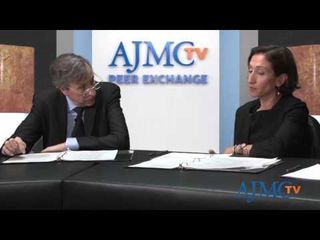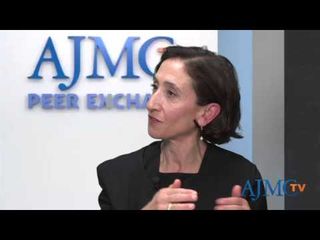
Multiple Sclerosis
Latest News

Latest Videos

CME Content
More News
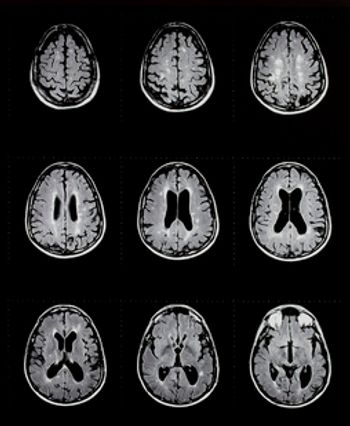
Cortical lesions play a major role in the progression of multiple sclerosis (MS). A recent study looked to longitudinally characterize the development and evolution of cortical lesions in MS across the cortical width, as well as their relationship with white matter lesion accrual.
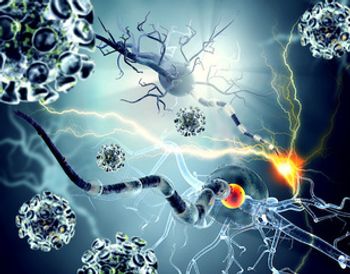
Currently, there is no universally accepted treatment standard for multiple sclerosis (MS), but 2 abstracts being presented at the American Academy of Neurology annual meeting evaluated the use and impact of highly effective therapies.
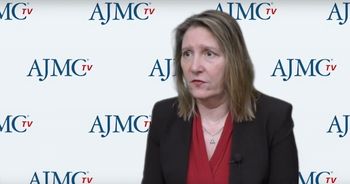
Sex differences in multiple sclerosis (MS) has been known for some time, and studying these differences benefit both sexes, explained Rhonda Voskuhl, MD, Jack H. Skirball chair of MS research, director of the MS program, and professor of neurology at the University of California, Los Angeles.
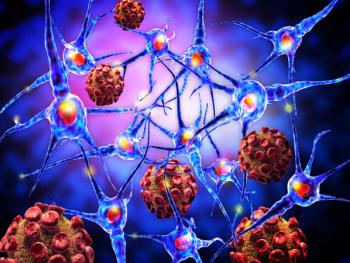
A recent retrospective study found that nearly 18% of patients diagnosed with multiple sclerosis (MS) before being referred to a medical center for treatment were actually misdiagnosed.
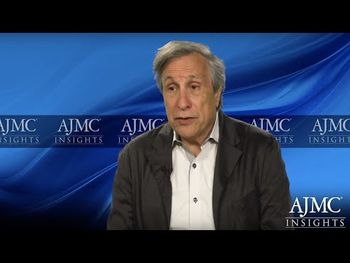
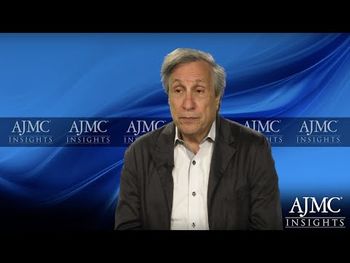
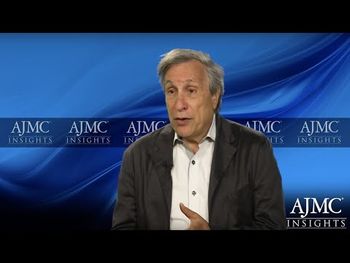
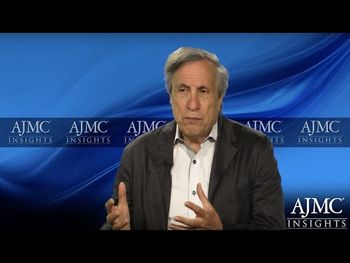
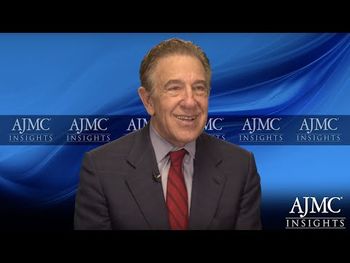

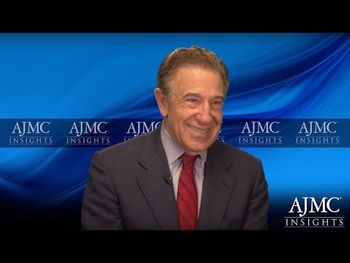


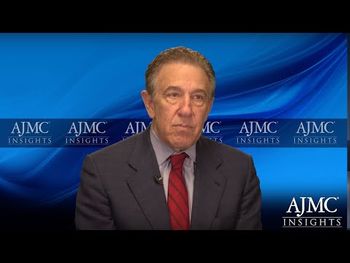

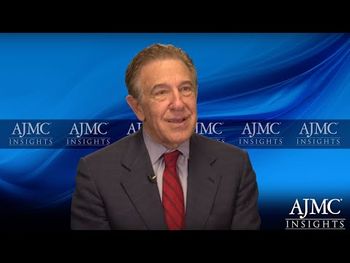

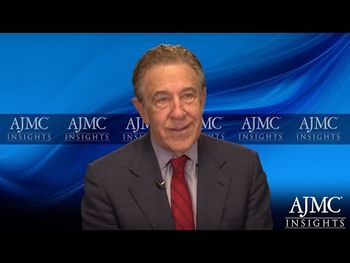

There are 2 approaches for treating multiple sclerosis (MS) and the DELIVER-MS study is the first to see which approach works better, said Daniel Ontaneda, MD, a neurologist at the Cleveland Clinic.
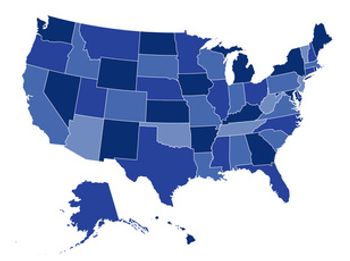
In the past 5 decades, there has been a steady rise in the prevalence of multiple sclerosis (MS), according to estimates using a validated algorithm across 5 large US administrative health claims data sets. The research was published in Neurology.

Women with multiple sclerosis (MS) who give birth do not face an increased risk of relapses postpartum. New research being presented in May at the American Academy of Neurology annual meeting found the time right after pregnancy is one of the periods in which MS symptoms may not flare back up.

The challenge with translating good science into treatments for patients with multiple sclerosis (MS) is getting the funding to get the trials done, said Rhonda Voskuhl, MD, Jack H. Skirball chair of multiple sclerosis (MS) research, director of the MS program, and professor of neurology at the University of California, Los Angeles (UCLA).
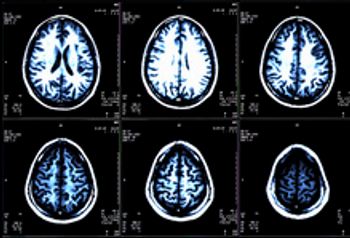
This week, drug maker Celgene resubmitted its New Drug Application (NDA) to the FDA for RPC-1063 (Ozanimod), seeking an indication for the treatment of adults with relapsing multiple sclerosis.

Electronic medical record data on patients with multiple sclerosis is generally consistent with research data and can be used to expand research opportunities, according to a new study.







